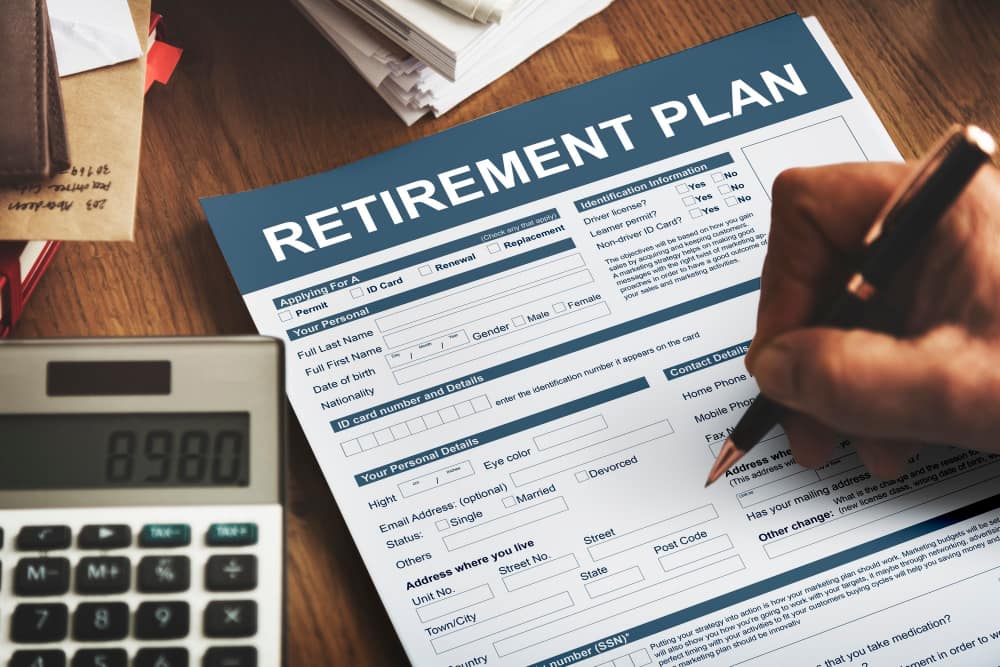Working After Retirement: Exploring the Benefits and Challenges of Continuing Work Even in Old Age
A while ago working after you retire seemed unthinkable, but during recent years, and largely due to the economical shift that’s been happening lately, large numbers of elderly people are continuing/returning to their old jobs.
The Bureau of Labor Statistics claims this to be more than just a trend, and that the percentage of workers aged 65 and up will substantially increase in the following years up to 2024.
Not everything is negative about working in retirement though, and a steady income paired with work-sponsored healthcare sounds like quite a good deal, but due to the job market becoming increasingly more demanding as the years go by, it might prove to be too big a bite to chew for some.
The financial aspect of continuing work even in retirement is what everyone notices at face value, and it isn’t just some extra cash either, as a couple of additional years of work could possibly help many to secure their 401ks or IRAs on time, while also reducing the number of years you’ll be reliant on your retirement savings to keep the lights on.
Another factor that greatly reduces the cost of living is the employee healthcare plan that comes with having a job, potentially saving you thousands of dollars worth of doctor visits.
Numerous studies have shown that future retirees’ main concerns are that they’ll be bored or anxious during their retirement, with 35% of the test subjects claiming it was harder to organize their time than during their work years.
A daily job provides everyone with a routine to fall into, which goes a long way for both workaholics and those who simply need the work to feel a sense of accomplishment.
However, returning to an awfully stressful or demanding job may not be the right choice, and a more fulfilling work role could prove to be a better option.
The downsides to spending your best years working a 9 to 5
However, your social security may suffer if you surpass your income limits before reaching Full Retirement Age, meaning that your retirement benefit will be tanking a significant hit if you overexert yourself late into your retirement.
Being under the FRA for a full year will lose you $1 for every $2 you earn above the limit, while in the year you reach your FRA, your social benefits will be reduced by $1 for every $3 above a certain upper limit, which is set at $51,960.
Finally, taking up work takes time away from other retirement goals you may have set for yourself, like traveling the world or learning a new skill.
Some of us may just be planning to spend more time with family and friends, and that is perfectly valid, but if you’re healthy and able to work, delaying that period of grace for a bit may be worth the reward that will follow.
Conclusion:
In conclusion, working after retirement is a great way to ensure financial stability and receive advantageous healthcare benefits, but it’s important to remain mindful of the potential repercussions that come with it. Therefore, we recommend doing some research and weigh your options carefully before taking any drastic decisions.

